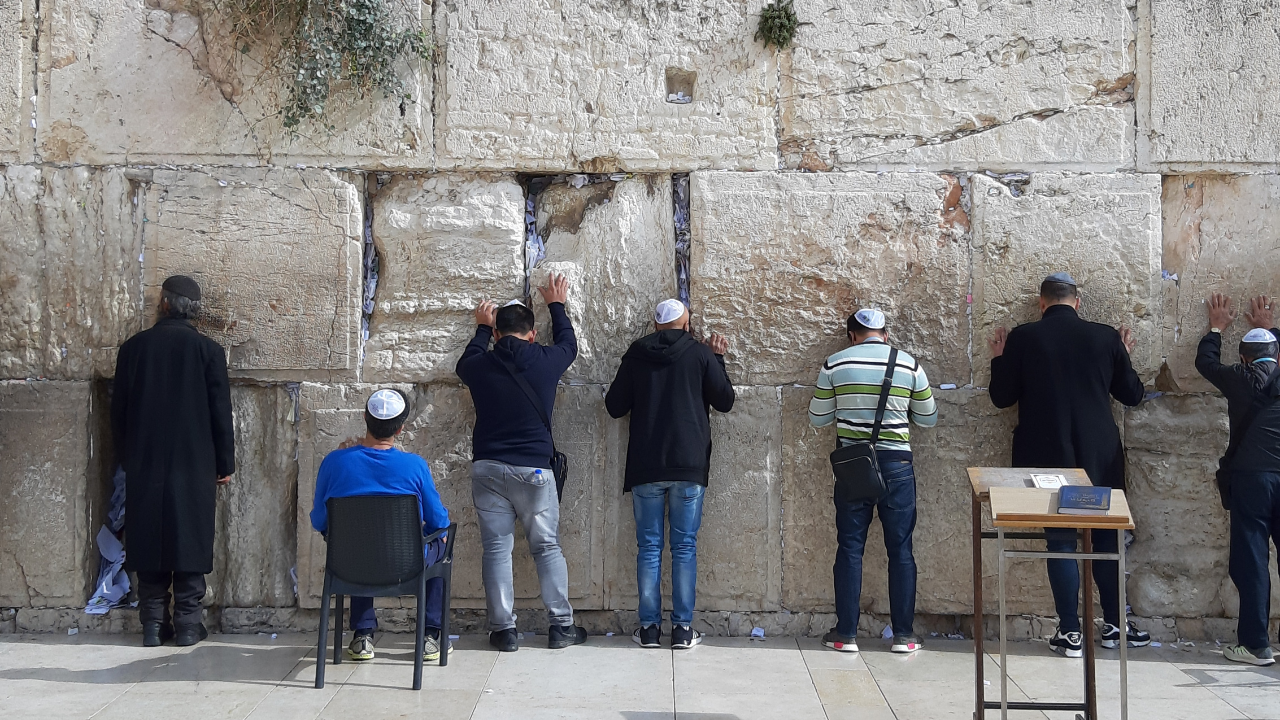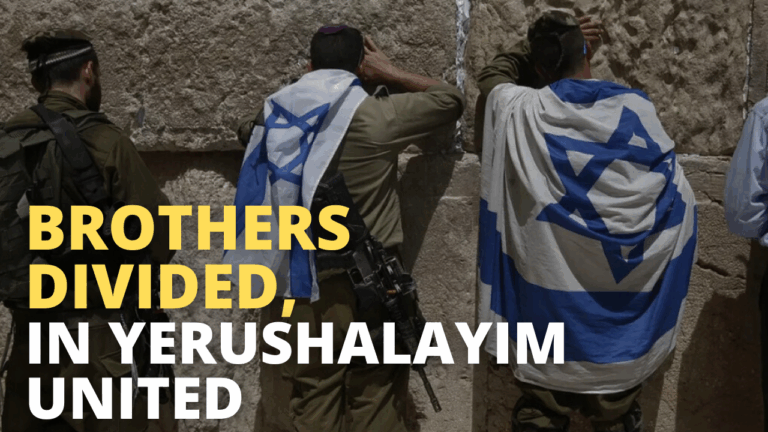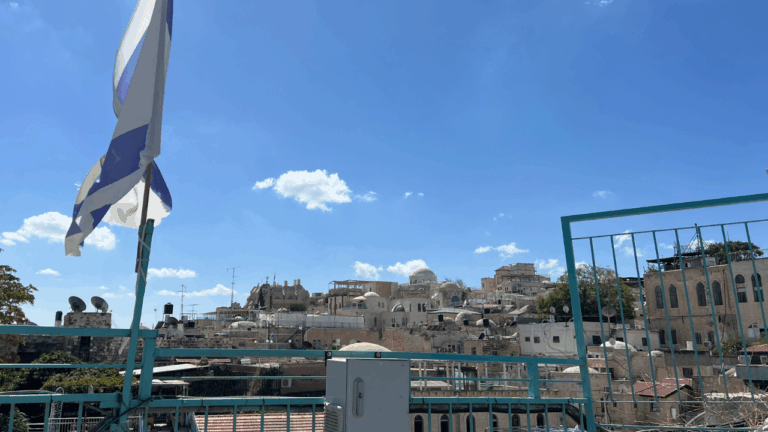Yearning For Jerusalem
This week is the first of the four special Torah readings that lead up to Pesach. They are all connected in one way or another to the ideal reality, when the Jewish people are living as a nation in their land and the Beit HaMikdash is functioning properly. For example, this week’s extra portion describes the mitzvah of Machatzit HaShekel, meaning that each Jew must give a half-shekel to the Beit HaMikdash to pay for the communal sacrifices.
It is normally understood that even though we cannot practically fulfill this mitzvah nowadays, nonetheless, there is value in remembering what once was. The Sefat Emmet, though, goes one step farther. He argues that even in the times of the Beit HaMikdash, an essential element of the mitzvah of donating a half shekel and of the entire sacrificial order was a deep-seated desire for closeness to God that was to accompany the practical fulfillment of these mitzvot. It was not enough to give a half-shekel, rather the Jew needed to wholeheartedly desire to donate of oneself to God. Bringing the sacrifices was not just about the ritual slaughter of an animal and the sprinkling of its blood, but was rather about cultivating a strong yearning to become close to God.
Therefore, the Sefat Emmet contends, our reading of these Torah portions is not a matter of mere memory. Even though we cannot practically do these mitzvot, nonetheless, we are still obligated to cultivate our desire for closeness to God that these mitzvot are supposed to express. In fact, he says that nowadays we can even have a deeper yearning than those people who merited to live with the Beit HaMikdash. Our lack of ability to practically do these mitzvot makes our desire even stronger and therefore, in a certain sense, we can reach greater heights of desire than even those who lived in the times of the Beit HaMikdash.
The Shem MiShmuel refers to Yerushalayim as “the heart of the world, the seat of the Jewish peoples strong desire for their Father in Heaven.” Yerushalayim, as the heart of the world, allows us to cultivate a deep desire for Godliness in our lives and world.
When this understanding of Yerushalayim is juxtaposed with the idea of the Sefat Emmet a powerful message emerges. God does not just desire our actions but our desires and yearnings as well. This must be particularly true regarding Yerushalayim, the seat of yearning. Our relationship with Yerushalayim should not only be about actions, as important as they are. Rather, we should also cultivate a deep desire and yearning to feel close to the city and to everything that it represents. Through this combination of action and desire, we will truly be able to connect with the city and its unique Divine presence.



